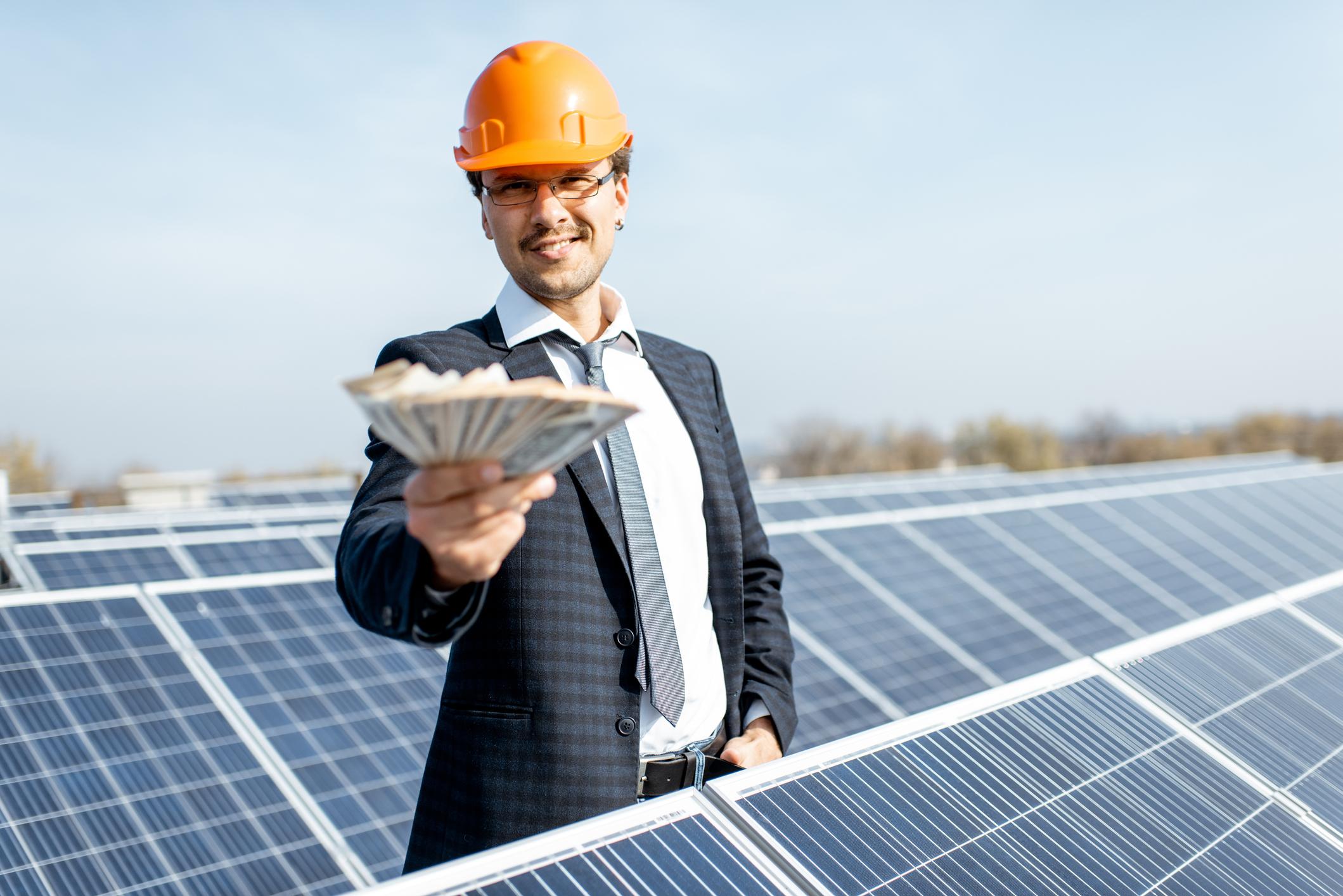Do solar panels really pay for themselves? Fair question, as if you're not one of those who qualify for $0 down installation, you'll be dealing with some upfront costs. It doesn't make sense to pay an initial sum for a product that doesn't offer a substantial return on investment.
Thankfully, renewable energy is a fantastic investment, as a system not only lasts for decades but pays for itself in a relatively short amount of time. Ready to learn how to calculate the payback period for solar panels? We've got you covered.
Calculating Payback Period
To estimate your solar payback period, you'll need the following:
- How much you expect to save each month
- The total cost of the renewable energy system
- The total amount of savings from incentives
Don't worry if you don't have exact amounts for the above. This information will help you estimate the system's payback period. You can recalculate once you have installed it and have more accurate numbers. For help with estimating your savings, check out our solar calculator.
Start by deducting your incentives from the total cost of your renewable energy system.
For instance, let's say upfront costs total $20,000 but you have $7,000 in incentives. The total cost of your system becomes $13,000.
Then, figure out your annual benefits - how much money you expect to save each year.
Let's say that number comes out to $1,000. This is where you add in any other incentives you get, like Solar Renewable Energy Certificates. That may add an additional $1,000!
Then, it's simple math. The cost of installing divided by the annual benefits.
$13,000/$2,000 = 6.5. So, given the above numbers, it would take just 6.5 years to break even on your solar panel system. Given this information, if you're looking to maximize your solar panel ROI, it makes sense to stay in the home longer than the payback period.
Too Good to be True?
It's true that installing a solar panel system was once a costly undertaking but these payback numbers are not too good to be true! Thanks to advancements in technology, renewable sources of energy are more affordable than ever!
Plus, with state renewable portfolio standards (RPS) that dictate how much energy must come from a renewable source by a certain year, many states are offering aggressive incentives, rebates, and tax breaks to ensure they meet their required percentage. Check incentives for your state here.
How Can You Save Even More?
Who doesn't want to maximize their savings? If you have experience completing any large purchase, you know that comparison shopping is key. The same applies to solar panels.
By obtaining more than one quote for a system, you're better positioned to negotiate a great rate.
EnergyBillCruncher helps you connect with local installers, making it easy to compare offers. You're already well on your way to savings.
How Long Do Panels Last?
A payback period that averages eight years isn't great for a product that only lasts eight or nine! Luckily, solar panels have an incredibly long lifespan, typically between 20-30 years. Even after that point, a panel doesn't simply stop working. Instead, the panel's energy production declines by a small amount each year.
If you hit a point where a panel is no longer useable, they can be recycled - a big win for the environment.
What Other Benefits Do Panels Offer?
In additional to paying for themselves in a short amount of time and reducing your electricity costs, panels:
- May increase your home's value
- Don't release harmful emissions
- Help you qualify for aggressive tax credits
- Improve the security of the electricity grid
So - Are Solar Panels Worth It?
Absolutely! Seeing as how solar panels pay for themselves in a relatively short amount of time compared to their lifespan and given all the perks they offer, installing panels onto your roof is a smart investment.
EnergyBillCruncher is standing by, ready to help you learn more about the panels themselves, introduce you to local incentives, and help you connect with professional installers!
